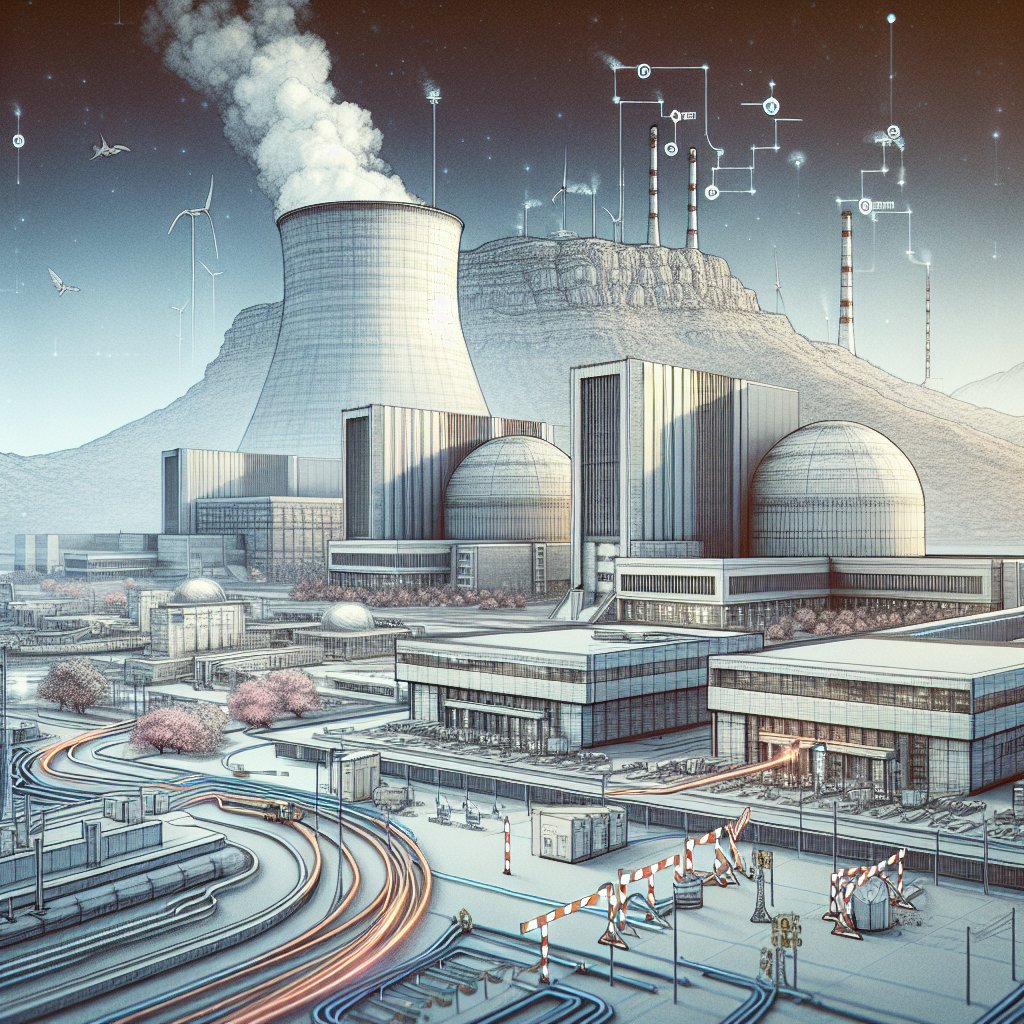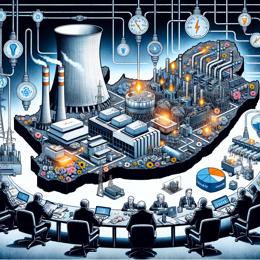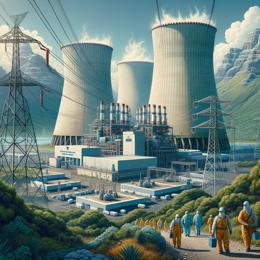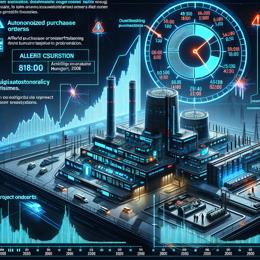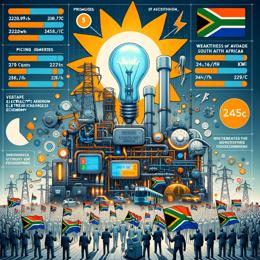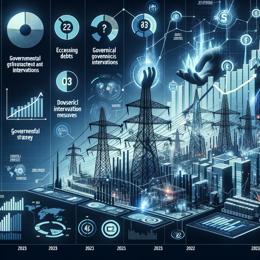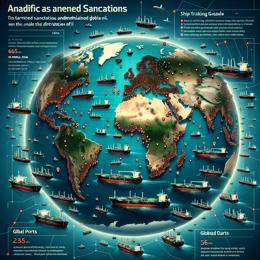Image created by AI
Doubts Loom Over South Africa’s R250-Billion Nuclear Power Proposal
South Africa's ambitious proposal to add 2,500 megawatts of nuclear power to its energy mix has sparked considerable debate regarding its practicality and financial viability. Dr. Hartmut Winkler, a well-respected energy expert, has cast serious doubt on the country’s R250 billion nuclear power plan, spotlighting the steep financial and logistical hills that the government needs to climb for the project to become a reality.
Speaking with Newzroom Afrika, Winkler highlighted that the cost estimate, which mirrors those of similar scale projects in Bangladesh and France, fails to account for the eventual servicing expenses of the proposed nuclear facilities. This critical oversight could potentially saddle the country with far greater economic strain than anticipated, emphasizing the need for a comprehensive evaluation of the overall financial impact of the venture.
With the Minister of Mineral Resources and Energy, Kgosientsho Ramokgopa having expressed optimism about receiving the green light from the National Treasury by August 2024, there remains significant skepticism regarding the procurement of the necessary funds. According to Winkler, securing a major loan for such an ambitious project amidst current fiscal constraints may prove uneconomical and hinder the National Treasury’s endorsement.
Furthermore, the path to approval is cluttered with administrative and regulatory hurdles that extend beyond budgetary consent. South Africa's deep dive into nuclear energy, as delineated by Ramokgopa's determination in January 2024, suggests that utility giant Eskom or a partnership with another legal entity might lead the project's build. This ostensibly rekindles Eskom's role in nuclear operations, banking on its expertise managing the Koeberg Nuclear Power Station.
The minister's statement bears the prospect of innovating with newer, potentially more efficient nuclear technologies, yet it does not dismiss the numerous concerns about the selection of technology, site, and environmental implications. Thyspunt near Jeffreys Bay in the Eastern Cape has been earmarked as a potential venue—though the engagement with the community and assessment of ecological impact remain to be seen.
Differing viewpoints from within the Department of Mineral Resources and Energy (DMRE) also paint a picture of a project timeline fraught with uncertainties. While Ramokgopa envisions that South Africans might reap the benefits within three to four years, the DMRE’s deputy director-general for nuclear, Zizamele Mbambo, foresees a more realistic timeframe extending up to a decade, targeting commissioning by 2032/2033.
These diverging timelines draw attention to the complex nature of integrating new nuclear capacity into the national grid, requiring an early start to optimize the process. This would mean undertaking a rigorous procurement phase well ahead of 2024 to ensure the project’s feasibility.
The shape and character of the proposed nuclear capacity remain shrouded in ambiguity. The question of whether South Africa will pursue a conventional nuclear power plant, delve into the development of small modular reactors, or adopt another novel design, remains unanswered, leaving the details of the forthcoming Request For Proposal (RFP) to conjecture.
In conclusion, South Africa’s R250 billion nuclear power proposal stands at a crossroads of high economic stakes and intricate planning logistics. With expert skepticism and variable predictions on the timeline and design, it is more crucial than ever for stakeholders to navigate carefully, fully aware of the considerable commitments and risks involved.
